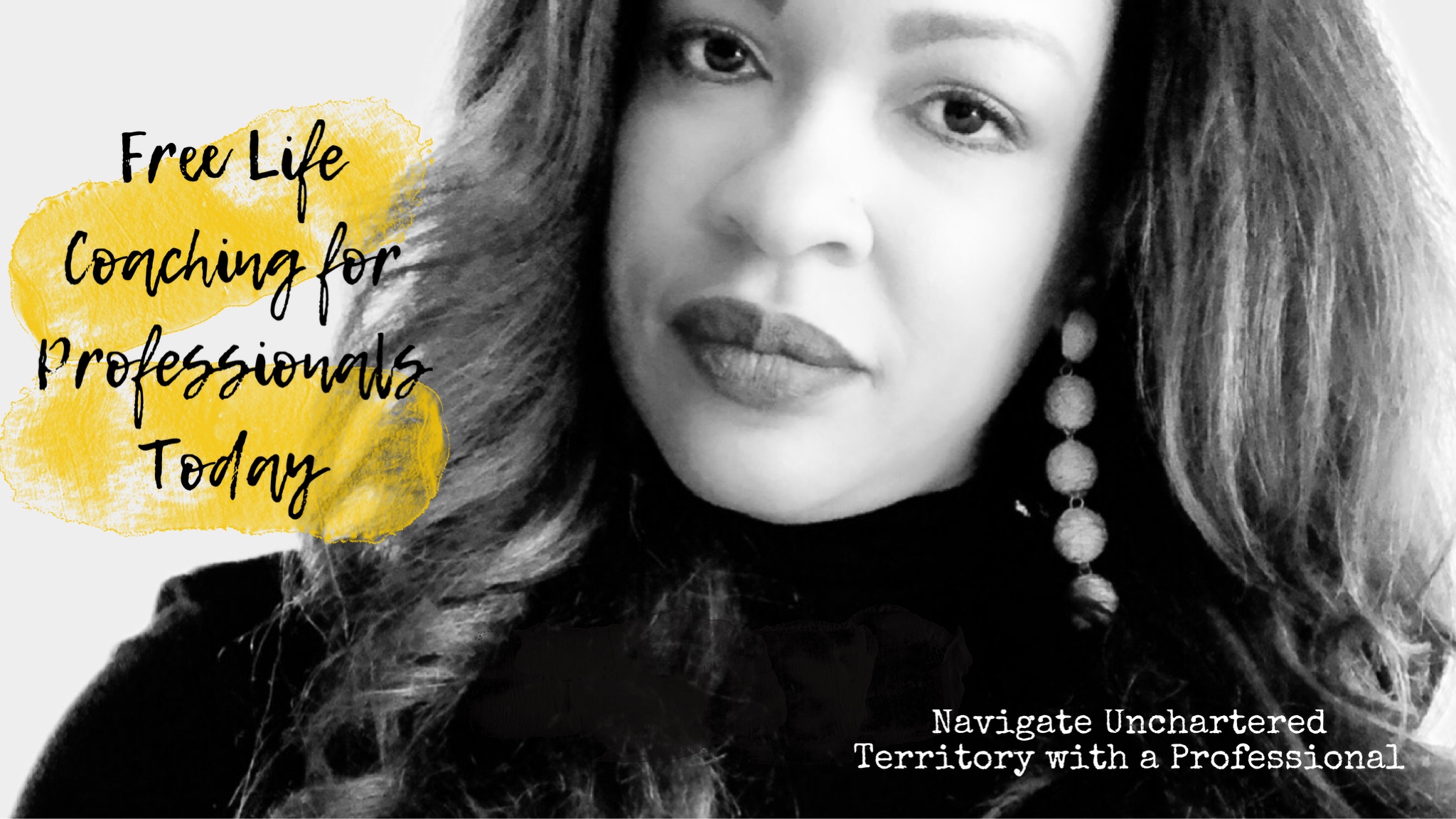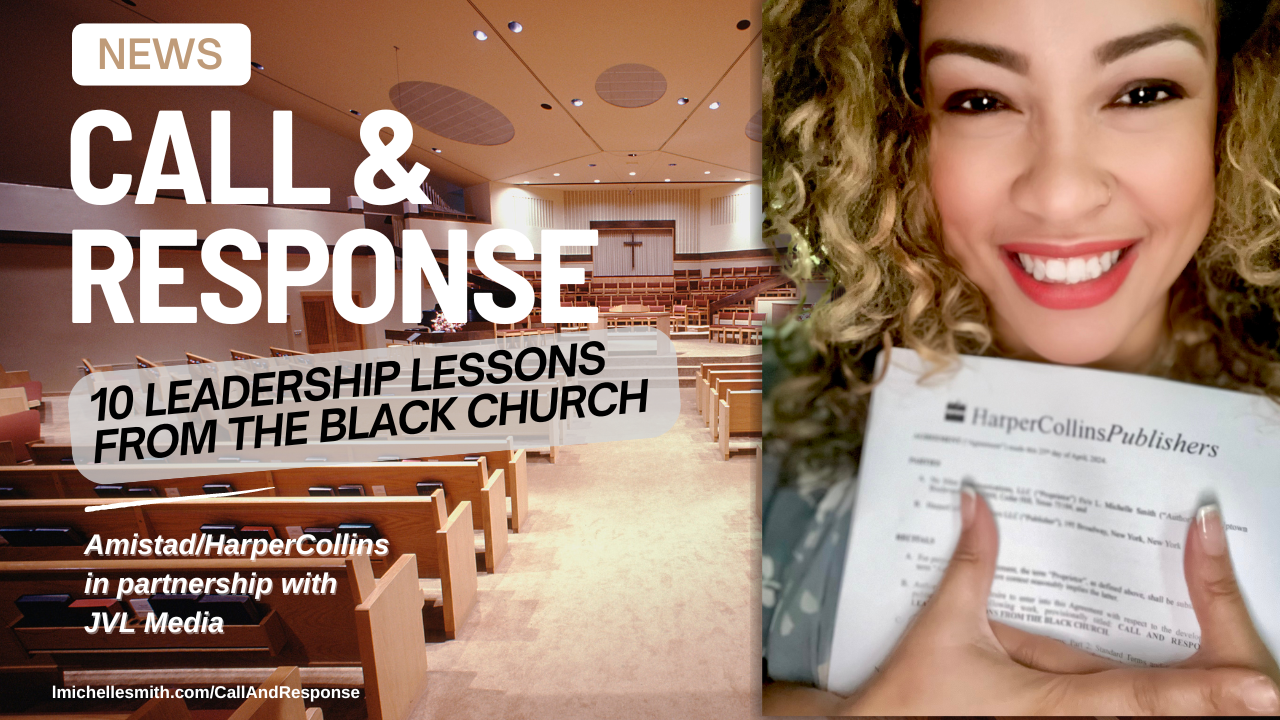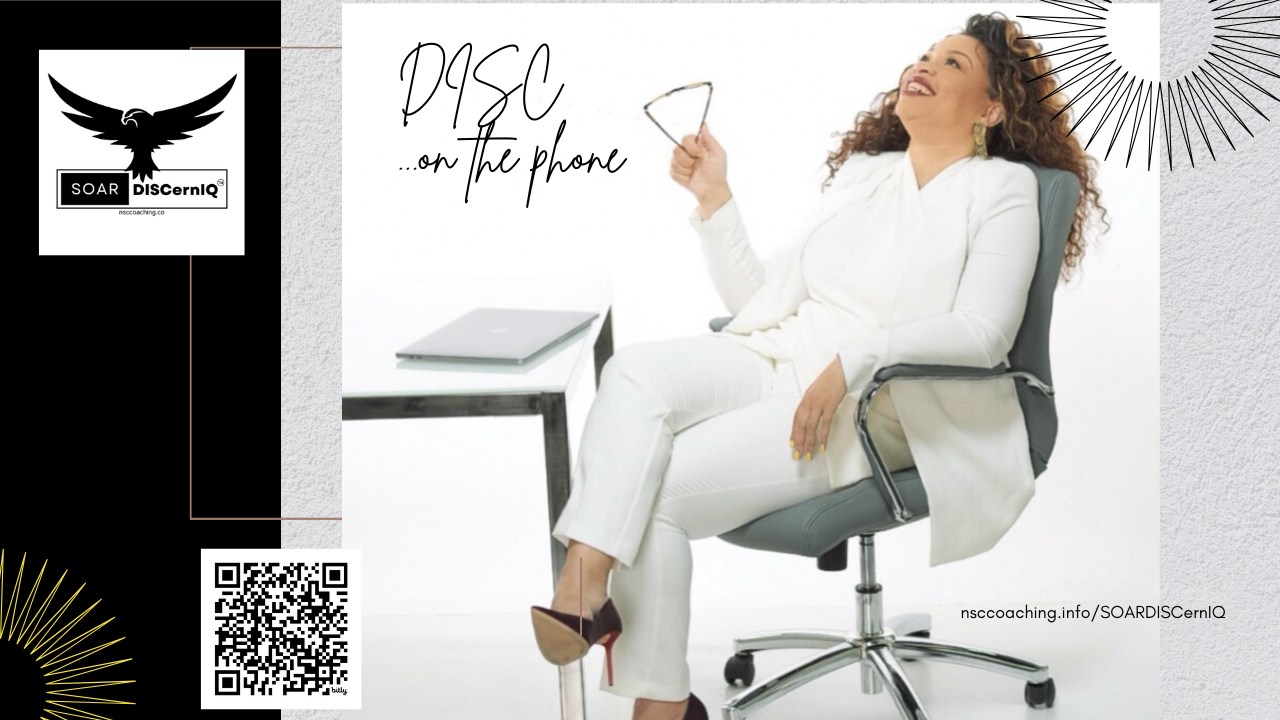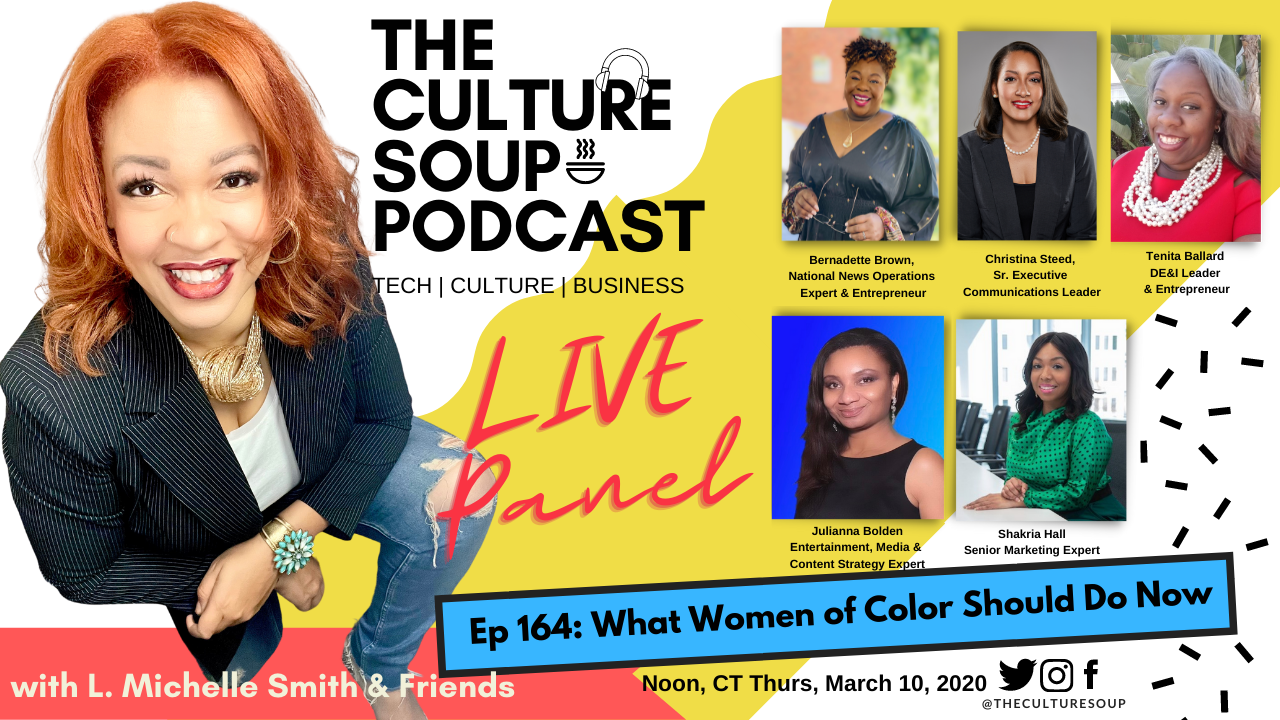“Un-networking” for Those Who Hate the Thought of the Other Word
Not long ago, I received a call from the chief of staff (CoS) of an officer at my company, inviting me to speak to her mentoring circle about networking. Now if you are like me, I shun the idea of classic networking. I believe that I have  something in my DNA that is just simply diametrically opposed to the idea. I just wasn’t built for it. I’m certain it works for someone because people continue to push the idea. A self-proclaimed introverted extrovert, I really don’t like the idea of entering a room full of people that I do not know and striking up conversations that I feel can only be superficial at best.
something in my DNA that is just simply diametrically opposed to the idea. I just wasn’t built for it. I’m certain it works for someone because people continue to push the idea. A self-proclaimed introverted extrovert, I really don’t like the idea of entering a room full of people that I do not know and striking up conversations that I feel can only be superficial at best.
Some people make excuses for not networking. Some of the most popular ones, according to The Career Experts blog, are that people fear rejection, they aren’t comfortable talking to people they don’t know, or they simply just don’t know how to do it.
My approach to networking is a little different, after more than 20 years in my career. I outlined five tips for that mentoring circle that has worked for me over the years. They seemed to be well received by the group. Hopefully, you’ll find them useful as well.
5 NETWORKING TIPS FOR PEOPLE WHO HATE NETWORKING
SLAY EVERY DAY.
No need for embellishments here: this tip really is focused on performance. While it is important to look your best because first impressions can make or break you, you must complete each and every task or assignment with excellence. In other words, kill it every time, whether the initiative is big or small. Every. Single. Time. This is how good reputations are built and positive buzz about you is created inside and outside of your company. In other words, let’s give them something to talk about. The chance for a mutual spark between you and the new connection you want to make will increase the better your buzz.
BE ATTRACTIVE.
Again, this isn’t about the outward appearance as much as it is about ensuring that your good reputation precedes you and your personal brand is well executed so that people want to meet you and know more. There is science behind the rules of attraction. in fact, being available as a resource in business is extremely attractive, according to some research. That same research says that you can’t be boring, which means you must be memorable. Our discussion in the mentoring circle centered around the difference between brand and reputation. Your brand is what you put out into the universe proactively. These are the things that you want people to know about you. Your reputation is what people say about you when you aren’t in the room. Both can attract people to you or do the exact opposite. Take an assessment of what makes your brand a good one. Consider what is said in rooms where you are not. Do the two things add up? Is there some tweaking to your brand that may impact your reputation? Slaying every day will help.
LEVERAGE SOCIAL MEDIA FOR NETWORKING.
If you want to blow off that 8-minute networking event, how about spending more time on platforms like LinkedIn that actually provide you with a way to engage and connect with people without being too bold too soon? The algorithm makes this really, really simple. Every engagement affords you extended reach. So try liking content that someone in your network shared. Your entire network will see it, but be deliberate about it. Is the content aligned with your brand? Then, yes…give it a thumbs up. If you want to get a little more out there, try commenting. You don’t have to post updates or even provide long-form posts to shape your positioning. Engagement can take you places and create connections that you may not have even considered. The ultimate compliment that you can pay someone on LinkedIn? Share their content on your page. Tag them while you are at it. Then watch your reach expand to not only your network but theirs too. Their positive response won’t hurt either. By the way, if you haven’t given a thought to your digital footprint, you should. Ask yourself, “what do people see when they Google me?” Then be proactive about shaping those search results based on your one-sentence value proposition. The FairyGodBoss suggests sharing great articles online that may be applicable to the person you’d like to network with or inviting them into your Slack community.
(Bonus Content: download my #RelationshipGoals Cheat Sheets here!)
BUILD A COMMUNITY.
So about the word community: this is where I heed the great advice of Ted Rubin: a network expands your reach, a community gives you power. So let’s look at why a community can offer you so much prowess. Communities gather around shared values, and very loosely (as is extremely obvious in social media) shared content. And those connections are made stronger by the conversations those people have about topics with which they all align. This implies that your community has more than just a passing knowledge of you. Your network may be familiar with you, but your community will vouch for you. So how about starting with the people you already know? The people who already know your work? The people who you know will actually answer when you call. Start here…see where it gets you.
ESTABLISH A GREAT RAPPORT.
A rapport is the very beginning of a relationship, and sometimes, a chance meeting or even a planned one can only afford you a few moments to achieve an interaction that can lead to a more fruitful exchange. Solid relationships are how business gets done. I shared the example of how I even wound up speaking to the officer’s mentoring circle, and it truly demonstrated how the first four tips led to the fifth and ultimately found me sitting before the group to which I was speaking. The CoS asked HR D&I who they recommended to share with the mentoring circle. HR D&I is one of my clients within my company. I try to slay all day for them. Apparently, it impacted their recommendation. The CoS went to the officer and provided their suggestion and said that she didn’t know me. The officer said, “You have never heard L. Michelle speak? I have.” I had been in the room with the officer twice–each time, I was presenting my work. The CoS looked me up on LinkedIn, and the post she saw first was the endorsement from my university, and with that, she picked up the phone.
The result of that conversation could have gone another way had the officer said, “You know, I’ve been in meetings with her, and I really don’t think she is a fit.” Boom…no invitation. Establishing that rapport initially kicked down a door that may have been shut had I not performed well.
Next time we’ll further explore business relationship building for the networking averse.
Updated 10-12-18, originally appeared on blackenterprise.com.




![[Inside Podcasting] Lists The Culture Soup Among the “Anything But Boring” Business Podcasts](https://www.lmichellesmith.com/wp-content/uploads/2018/10/0FDBD0AA-AAAD-4871-9EA8-F9065C179139.jpeg)





